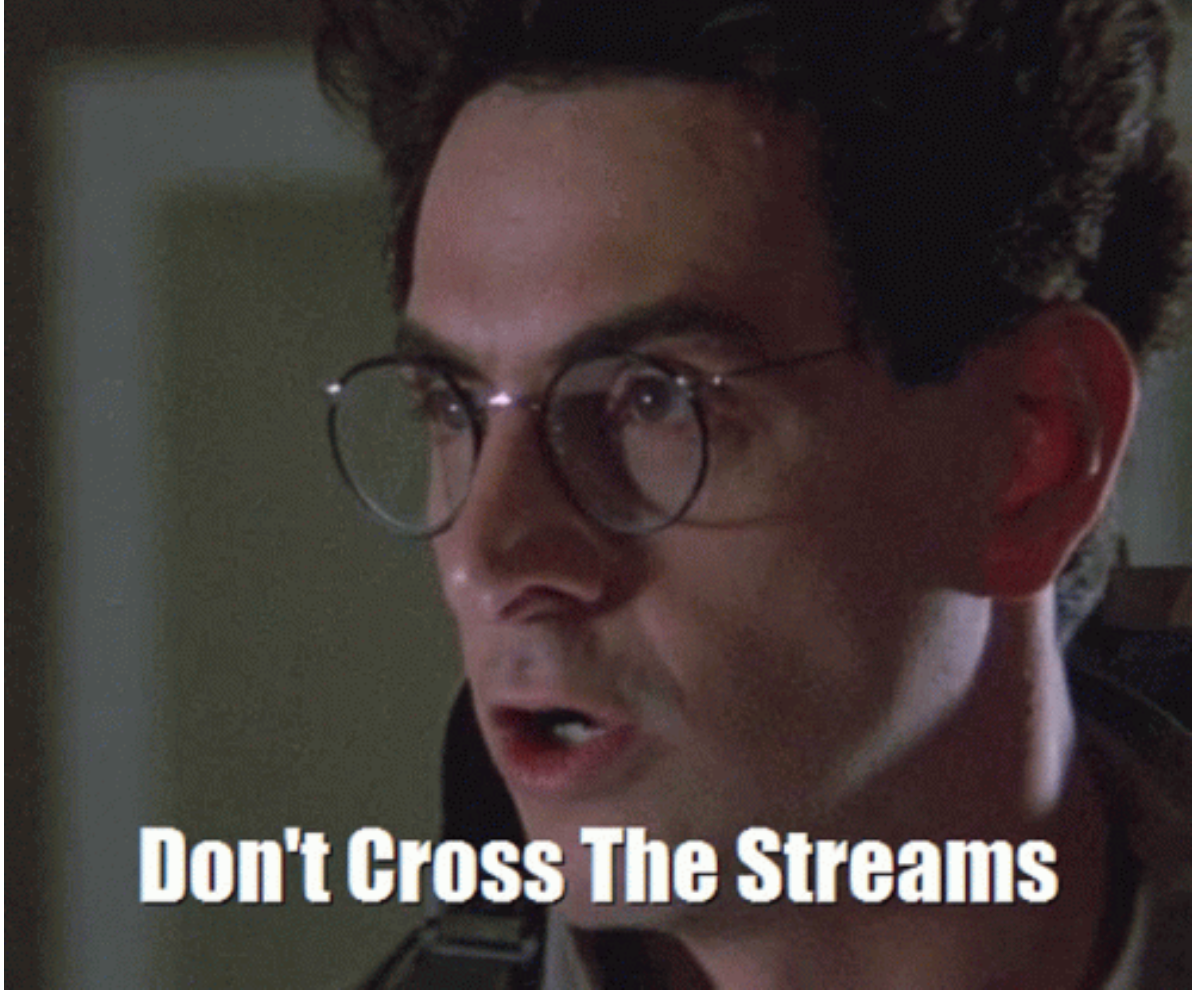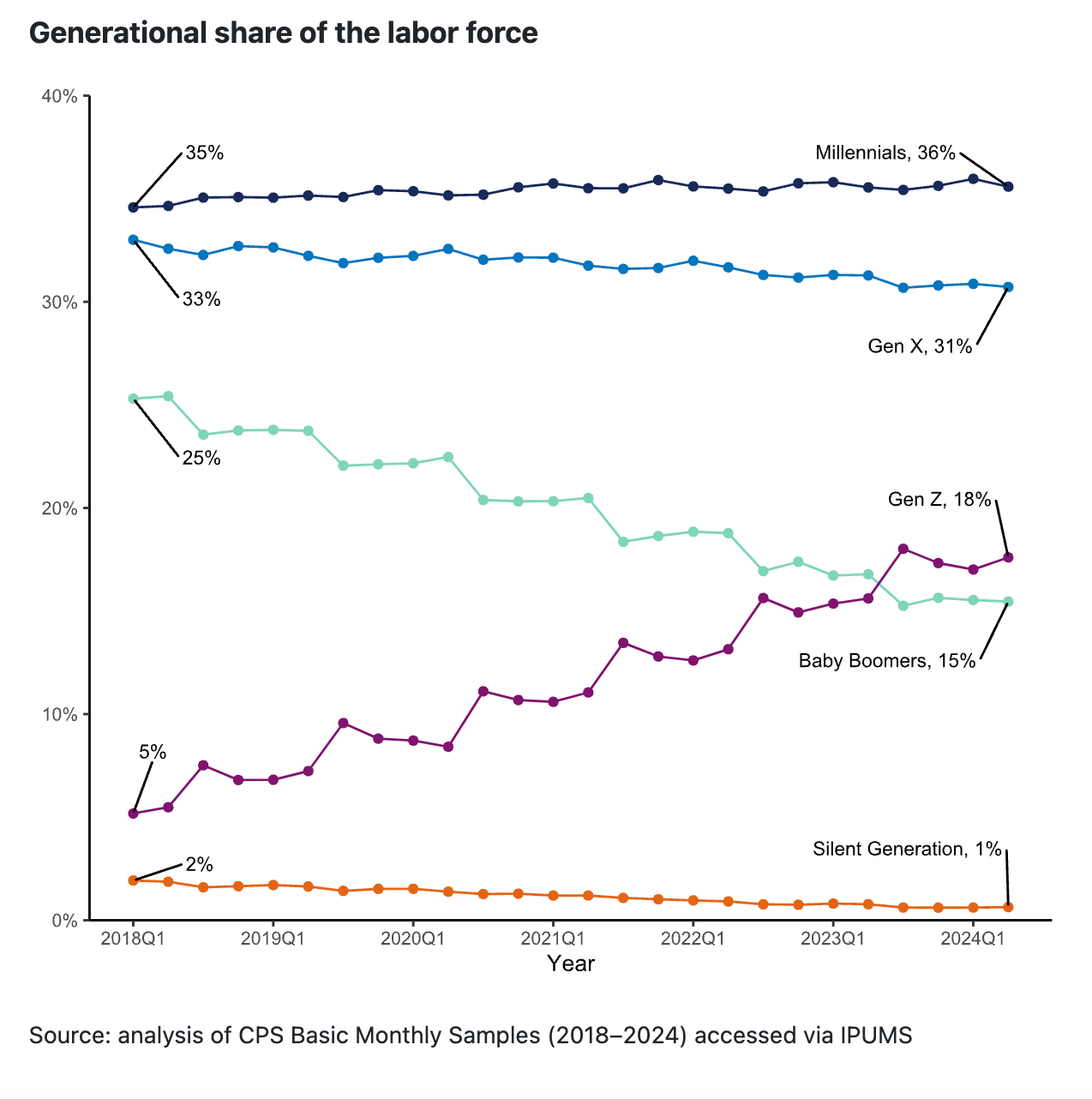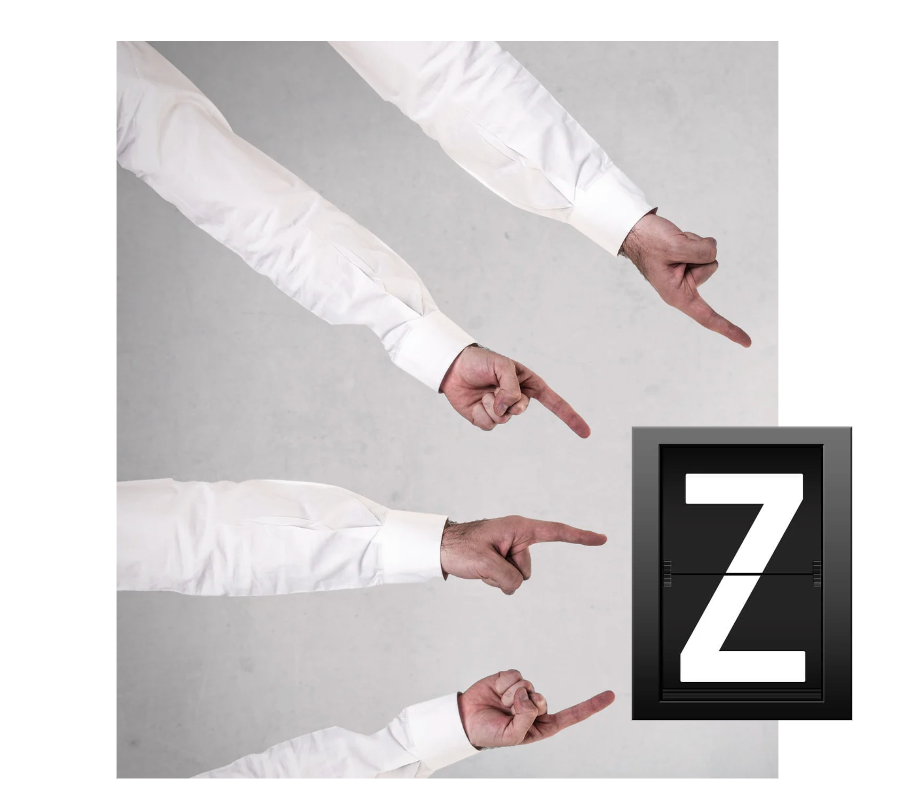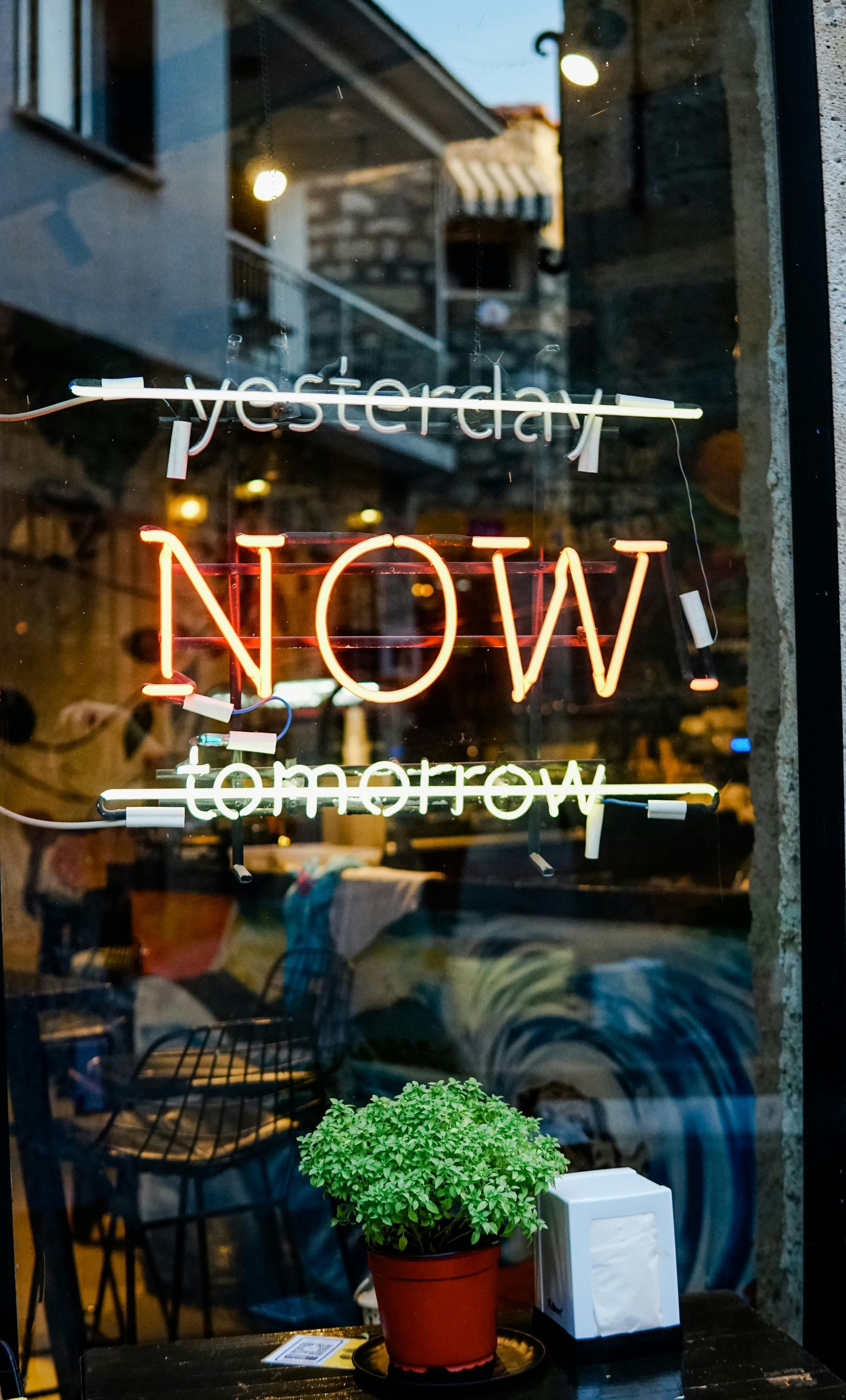Who You Gonna Call? Crossing the Streams of Gen Z and the Boomers at Work
Who You Gonna Call? Crossing the Streams of Gen Z and the Boomers at Work
Someone Check on Newsweek.
Allow me to present these headlines from the last six months:





What in the world is going on here? Is Newsweek okay? Was there a meeting where Gen Z was pulled from a hat and all journalists were required to write a generationally shaming article about why we should despise them?
ENOUGH.
Let me make this as clear as possible:
- There are roughly 69.31 million people in the United States who are part of Generation Z. This is slightly over 20% of the current US population.
- They range from age 12 to age 27. This means they will likely be making up the youngest part of your workforce for a long time.
- Shaming and judging 20% of the population because they have a different set of norms as well as a new set of learning opportunities and challenges for us to support is not a good talent strategy.
The norms Gen Z is bringing to the workplace are a product of many interacting realities, not the least of which was a global pandemic that impacted education, development, and upended workplace practices everywhere. This is our first generation to begin their careers in a hybrid/remote/post-COVID/mid-AI world of work. Do they have things to learn and improve upon? Of course. Is name calling and alienating them a good way to build the trust needed to teach them? Again, no.
So why the surge of animosity? Newsweek isn’t alone in the piling on, and there’s something driving this uptick.
Perhaps this surge of Gen Z vitrol is due to the crossing of the streams.
Who You Gonna Call?
Loyal readers of the Gentelligence® blog will know I rarely miss a chance to make a Gen X 80s pop culture reference. (I risk losing part of my audience with this, but I view this as a Gentelligence® opportunity: if you don’t get this cultural reference, that’s absolutely understandable, but you must then go find someone over 40 to loop you in).
Today brings us yet another opportunity to harken back to classic 80s cinema, this time to Ghostbusters. Throughout the movie, we are warned of the dangers of crossing the streams.
Total proton reversal. End of life as we know it.

“The important thing to remember is that you must never under any circumstances, cross the streams.”
–Dr. Egon Spengler, Ghostbusters
In the US workforce, we have successfully managed to not cross the streams for a very long time.
A New Era
But just this year, it happened. Take a look:

Department of Labor, Aug 2024
(Yes, I just did that. I did just make an amazing leap from Ghostbusters to generational dynamics. Stay with me).
The Baby Boomers have been such an anchor and shaping force to the workplace for so long. It was only in 2016 that they gave up their long held title of largest generation in the workforce (to the Millennials). And now, in 2024, we see them quietly take a 4th place slot in terms of representation: Millennials (38%), Gen X (31%) Gen Z (18%), and Baby Boomers (15%). Gen Z is taking up more space, and we are struggling to understand what that means.
The generational ebb and flow in the workplace always comes with growing pains. Remember, we called Gen X “slackers” for wanting more autonomy and work/life balance (we were ahead of our time, what can I say), we called Millennials “entitled” for wanting faster advancement and more voice than older generations. Now as the Gen Zs slowly make up more of the workforce, we’re sounding the alarm.
Firing them!
Warning them: Stop being different! We don’t like it, it’s uncomfortable.
(This is where I should remind those of us old enough to remember that at the end of Ghostbusters, they crossed the streams too. They didn’t have a choice, it was the only thing to do).

No one knew what would happen (total proton reversal???) but it was what the situation required.
So what does this situation require? Gentelligence. Seeing these changing generational dynamics as an opportunity for growth and learning, not just for Gen Z, but for the rest of us as well. Firing or refusing to hire Gen Z (as so many of those Newsweek headlines proclaimed) is not a long term talent strategy.
What’s the Answer?
Examine what norms and organizational practices are still valid and vital to the a healthy, thriving workplace today. What is truly non-negotiable as it relates to our organizational cultures (my colleague Asya Miller calls this the “load bearing walls” and I am very jealous I didn’t come up with that, but have to give credit where credit is due). If there are true load bearing walls (e.g., returning to the office for a certain set of days, being able to adapt and self-directed in the face of uncertainty) that are core to who we are as an organization, take the time to explain why (see the Gentelligence tool of Pulling Back the Curtain here for how to do this well). Don’t assume it makes sense to those who may not have experienced it before or have much practice with it, and don’t assume they don’t need to understand the reasons behind those load bearing walls. This generation grew up with explanations for everything at their fingertips (thanks Alexa), and being willing to provide them will go a long way in building that needed trust to continue to teach and develop them.
Before you ask “Do we really have to do that? No one did that for us!” (I get this question a lot), consider the long term goal. Investing and developing your people is critical to every organization’s mission. While Gen Z may need development in places we assumed they would already understand, they also are bringing new kinds of skills and expertise they may have to explain to us. That too will require patience and trust, and a willingness to take the time to slow down and teach new ways of looking at things. Mutual respect is always a good investment.













